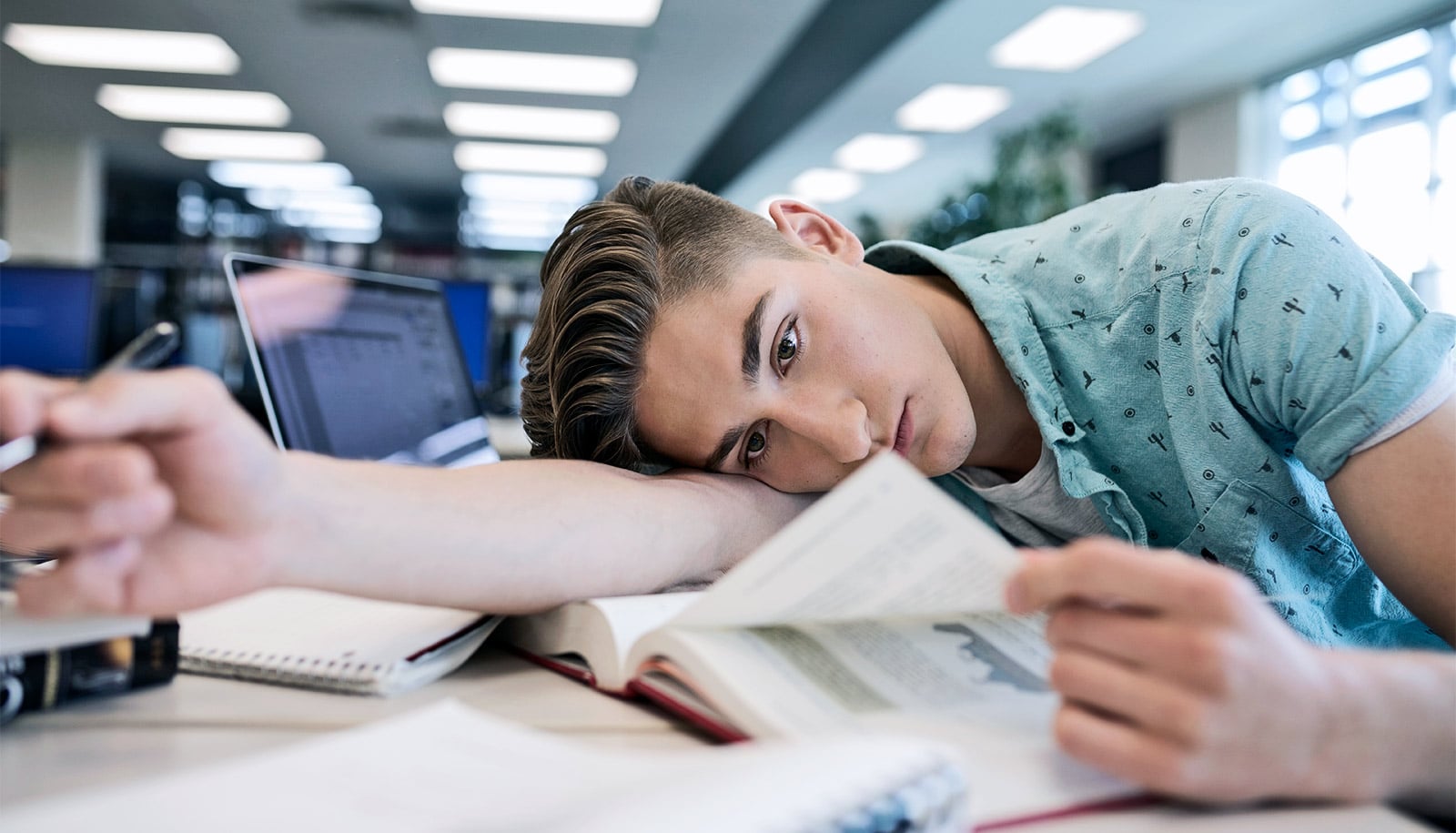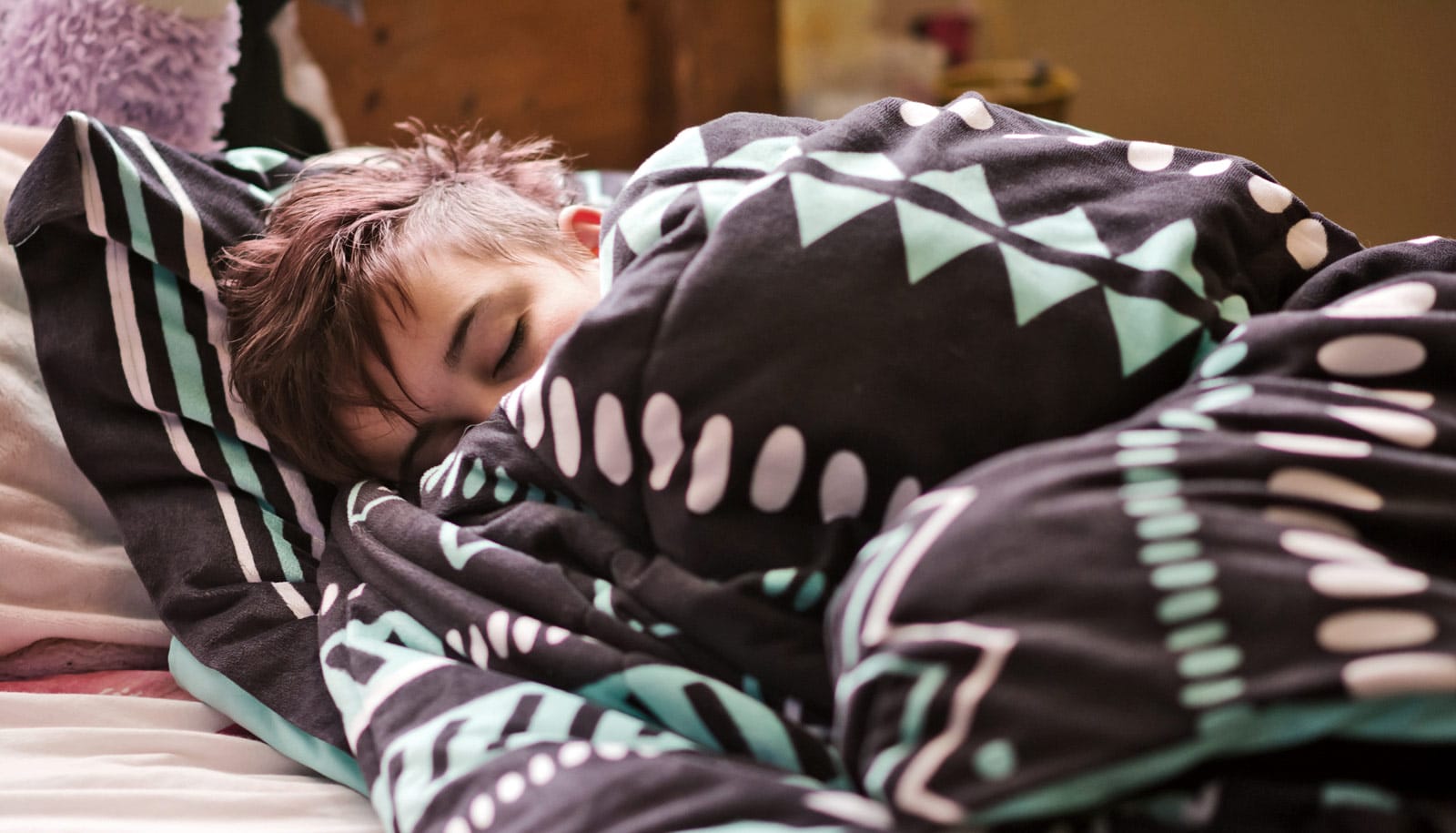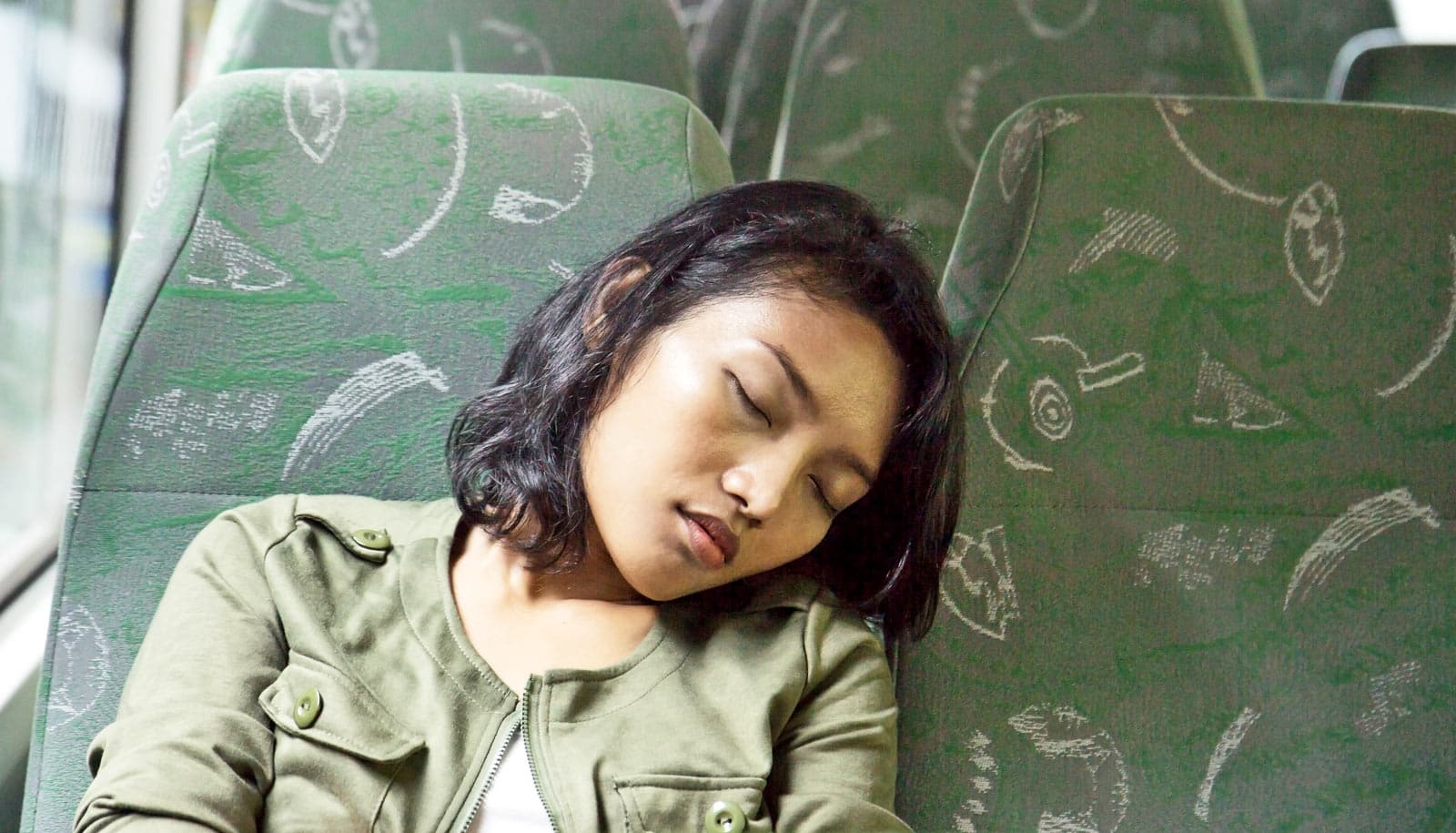One silver lining of COVID-19 social distancing orders may be extra sleep for college students stuck at home, according to a new study.
“Even though we are living through this incredibly stressful time… we are seeing changes to sleep behaviors that are for the most part positive.”
In the study in Current Biology, researchers found that a group of students at the University of Colorado Boulder generally got more sleep after widespread stay-at-home orders and social distancing guidelines were put into place in mid-March.
“Even though we are living through this incredibly stressful time, which is changing our behaviors drastically, we are seeing changes to sleep behaviors that are for the most part positive,” says lead author Ken Wright, a professor of integrative physiology at CU Boulder and director of the university’s Sleep and Chronobiology Laboratory.
College student sleep before and after
The study compared sleep data on students before and after shelter-in-place guidelines were enacted. Wright had already collected sleep data from 139 students for a week from January 29 to February 4 as part of a class project. On March 16, the university switched to online instruction, and Wright saw an opportunity.
He repeated the week-long survey in the same students from April 22 to 29, and partnered with coauthors Horacio de la Iglesia, a professor of biology at the University of Washington, and postdoctoral researcher Leandro Casiraghi, to analyze the data.
The team found that, on average, the students were devoting 30 more minutes per weekday and 24 more minutes per weekend to sleep. Those students who had been skimping on sleep the most before the pandemic saw the greatest improvements, with some sleeping as much as two additional hours each night.
The students also kept more regular sleep and wake times and experienced less “social jetlag,” which is that groggy feeling that occurs when people stay up late and sleep later on the weekends and must resume an earlier schedule on Monday.
After the pandemic began, 92% of students got the minimum seven hours per night of sleep that is recommended by the Centers for Disease Control and Prevention. Typically, only about two-thirds of US college students get that much sleep.
More sleep, better health
Studies have shown that inadequate sleep is associated with negative health outcomes, such as weakened immune systems that leave people more vulnerable to viral infections and less responsive to vaccines. In addition, irregular sleep and social jetlag can increase the risk of heart disease, obesity, diabetes, and mood disorders, according to Wright.
“The fact that a lot of these sleep measures are improving is a good sign,” says Wright.
In addition, compared to February, students in April went to bed about 50 minutes later during the week and 25 minutes later during the weekend and waking up later, too.
“Generally, later sleep timing is associated with poor health outcomes,” says Wright, who advises people to try to shift their sleep-wake cycle earlier by getting bright-light exposure in the morning and dimming the lights two hours before bedtime.
But it’s not clear that the later bedtimes observed in this study are necessarily bad adjustments.
“These associations were observed during ‘normal’ times when people are on tight schedules, usually getting up earlier than what they’d like,” says Casiraghi.
“It’s not clear that later bedtimes are negative, per se, particularly if the difference in sleep timing between weekdays and weekends does not change substantially, as it typically happens in college students.”
More research is needed to determine whether similar shifts are occurring among the general public in the United States and, if so, why. De la Iglesia’s team is carrying out additional studies on how social isolation affects sleep health.
Source: University of Washington via Lisa Marshall for University of Colorado Boulder



